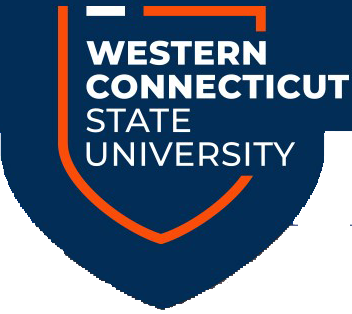Guide to Faculty Advising
What is Academic Advising?
It is the process by which university faculty and staff help guide students toward successful and timely completion of their college degrees. Although course selection and registration are important components of academic advising, advising is an opportunity for students and advisors to discuss many other aspects of university life that are critical to student success, including educational opportunities, support services, and career paths.
Academic advising for students who have declared a major is performed by faculty within the major. Students who have not declared a major are called exploratory students and are advised by the Academic Advisement Center.
Download PDF version of this page
Responsibility for Academic Advising
(from the WCSU Faculty Handbook)
The responsibility for appropriate and effective academic advisement rests with the faculty and the students. The faculty member is responsible for communicating accurate and up-to-date academic information. The student is responsible for implementing decisions derived from the advising process in order to fulfill the requirements necessary for graduation. Both the faculty member and the student must make a commitment to the advising process to enable it to be efficient and effective. Without a shared responsibility, academic advising will fail to achieve the goal of optimum progression through the University experience.
Responsibilities of Faculty Advisors
(from the WCSU Faculty Handbook)
- To know the program requirements and University regulations with which the student must comply.
- To assist each student in planning his/her sequence of courses to meet graduation requirements.
- To approve, semester by semester, the specific program of courses which the student takes.
- To refer students to appropriate University staff in matters which are outside the area of the faculty member’s competence (e.g., Health Services, Counseling, Academic Deans, Graduate Dean, etc.)
- To recommend to the Department Chair and to the appropriate dean any waivers or exceptions to the program requirements which he/she judges to be essential for the student’s best academic interests.
- To advise the department on the status of each advisee as he/she reaches various stages in his/her program (e.g., admission to standing as upper class major, approval of application for independent Study or Student Developed Study, etc.).
Academic Advisement Duties
(from the WCSU Faculty Handbook)
- Students should meet an advisor appropriate to his/her major at least once a semester prior to registration academic interests.
- The advisor should be responsible for reviewing prerequisites, core requirements, and program requirements with the student.
Good Advisors Should:
- Know advisees
- Know course/major/program/degree requirements
- Encourage self-reliance in students
- Be interested in and listen to students
- Offer sound advice and guidance
- Monitor academic progress
- Help students access university resources
- Know answers or how to get them
- Keep office hours and appointments
- Returns calls/emails
- Follow through
- Be able to use WestConnduit/Banner for degree audits
Recommended Practices:
Here are some additional practices that may assist in advising students:
- Proactively contact students before each registration period to encourage them to obtain advisement
- Ask students to come to each advising appointment with a proposed schedule
- Keep a separate file for each student
- Keep a copy of schedule agreed to by faculty and student
- Conduct and keep on file a degree evaluation each semester for each student
- Keep a log of students who get/don’t get advisement
Banner Advising Tools
- Current degree evaluation (CAPP) – check on student progress toward fulfilling degree requirements [link to AAC]
- Transcript – view chronological student course history
- GPA Calculator – Calculate current, anticipated, desired, cumulative and semester GPA
- “What if” analysis – determine how student coursework might apply toward possible alternate majors
- Advisee List – view list of current advisees with contact information
Other Online Advising Tools
- Undergraduate Catalog
- Undergraduate Program Sheets
- Course Equivalency Lookup – see how credits transfer to WCSU
Other WCSU Advising Resources:
- Academic Advisement Center
- Accessibility Services
- Career Center
- Counseling Center
- Tutoring Resource Center
- Writing Lab
- Math Clinic
Questions?
Isabel Carvalho,
Director of the Academic Advisement Center
Higgins Hall 214
837-8411 or carvalhoi@wcsu.edu


